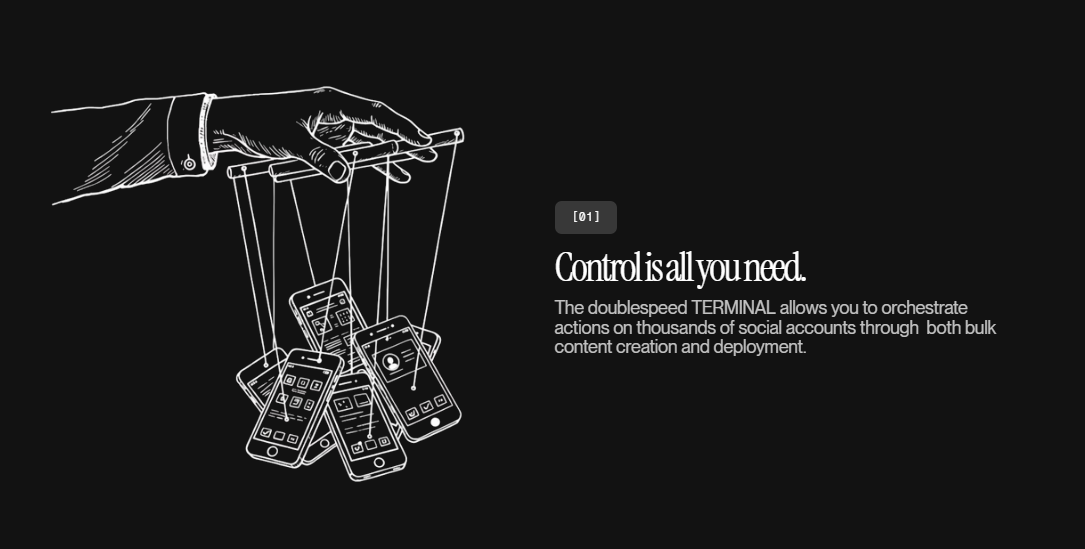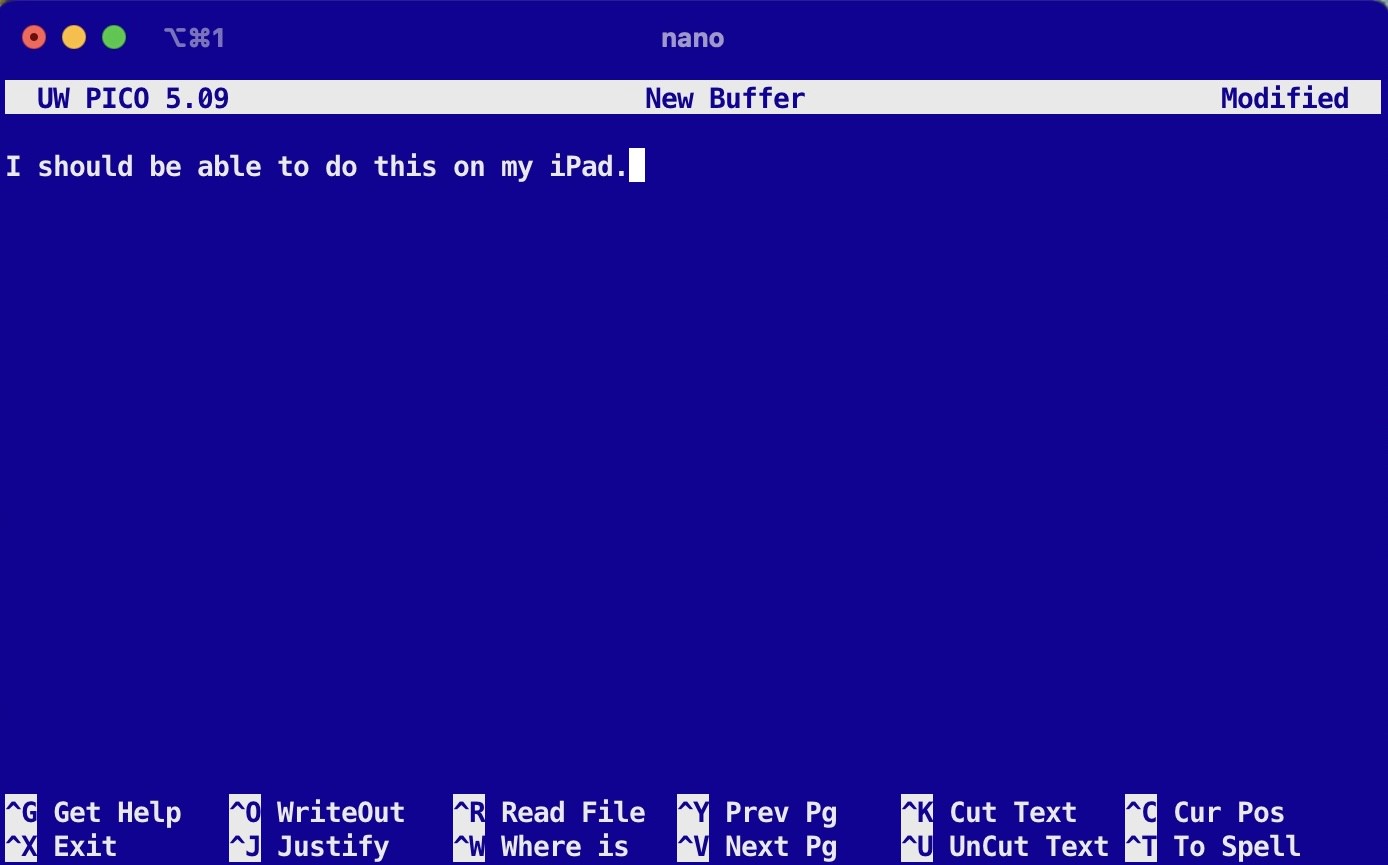I’ll expand this question to my entire social circle.
I haven’t found that anybody cares about my email provider. It doesn’t affect them because email is federated. Nobody has ever asked me why I’m mailing them from a domain I own rather than a service provider they’ve heard of.
Where I do run into a lot of resistance is trying to get people to use Signal. Some people seem to find the concept of having multiple messaging apps objectionable, which has never made any sense to me as long as they have basic computer skills. On occasion, I’m on the other side of that conversation when I’m unwilling to use Facebook Messenger for reasons that should be obvious to anyone in this community.












It depends on what phone you have. Some phones have bootloaders you can’t unlock, and you can’t do much at all with that. If you can unlock the bootloader, your options are determined by which third-party Android builds support your hardware.
LineageOS is a popular option with pretty broad device support; GrapheneOS is a privacy/security focused option that only runs on Pixels.